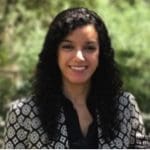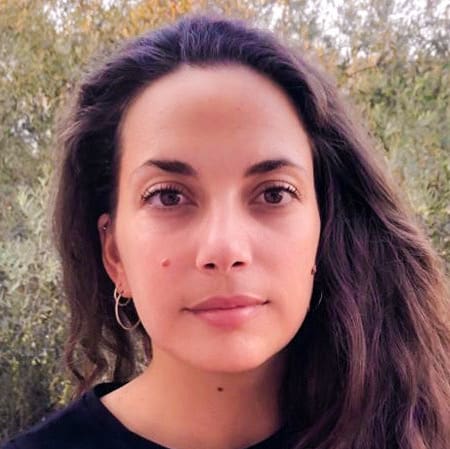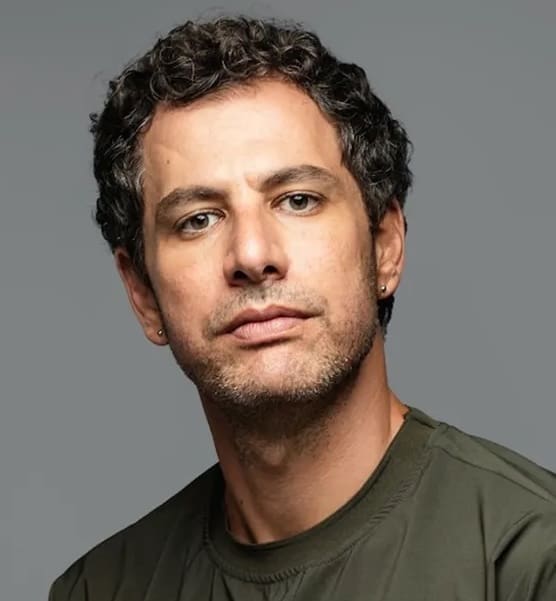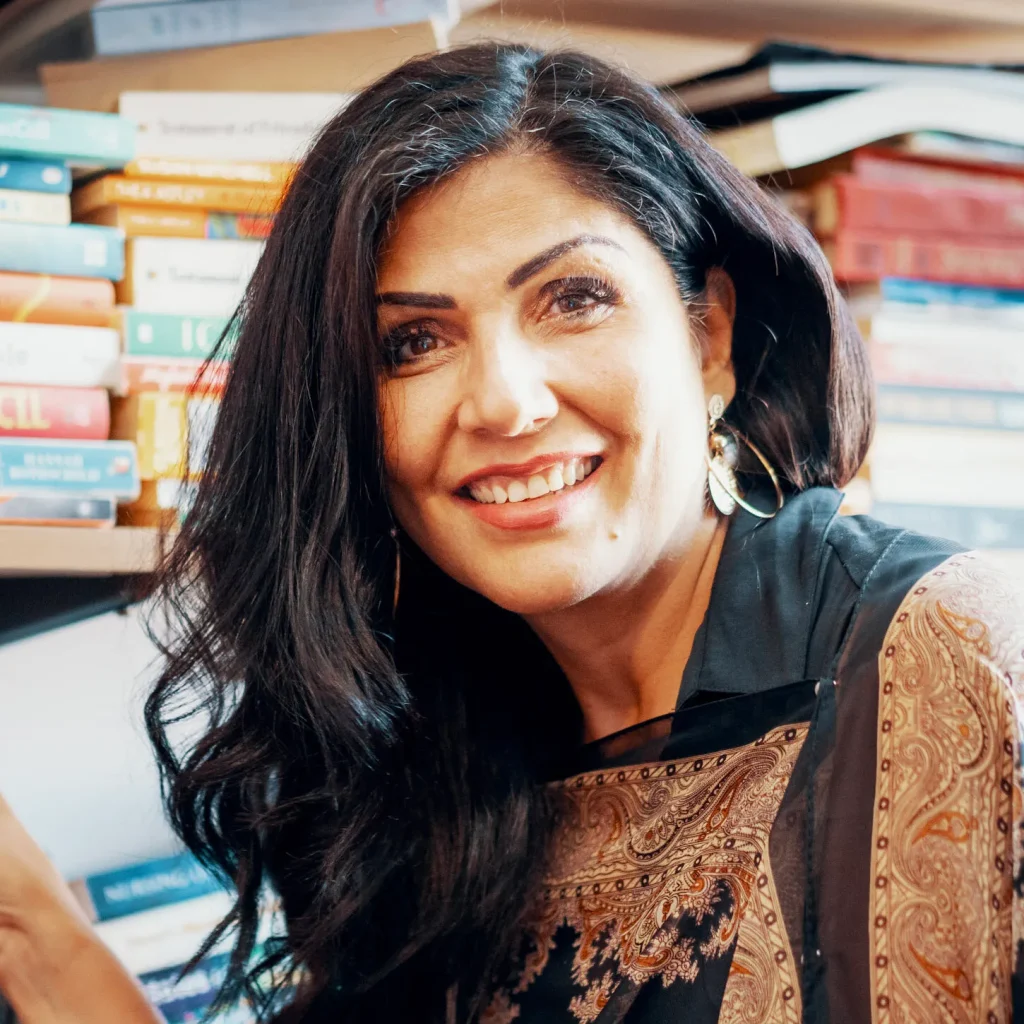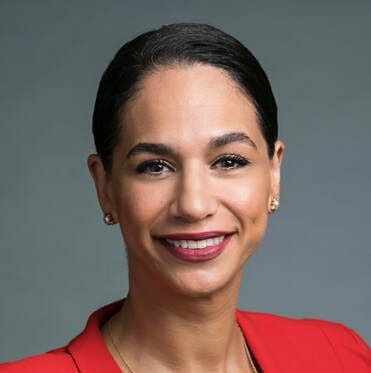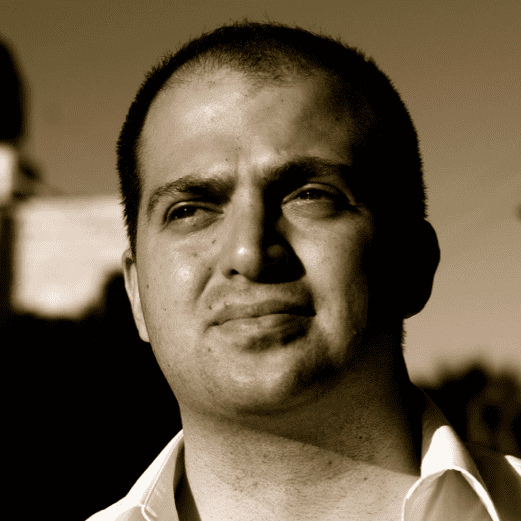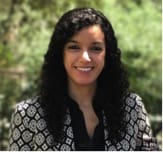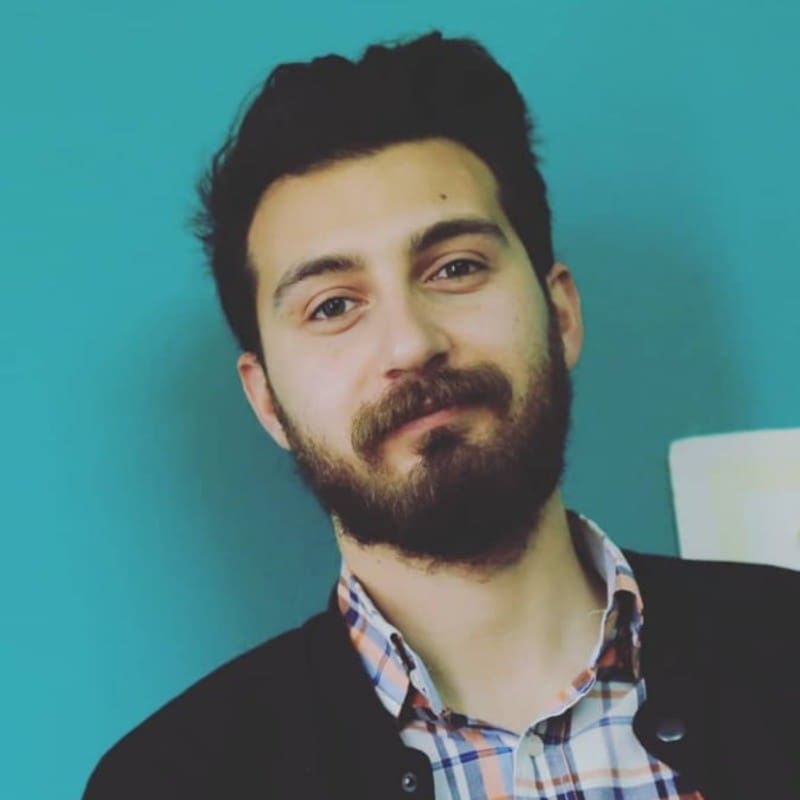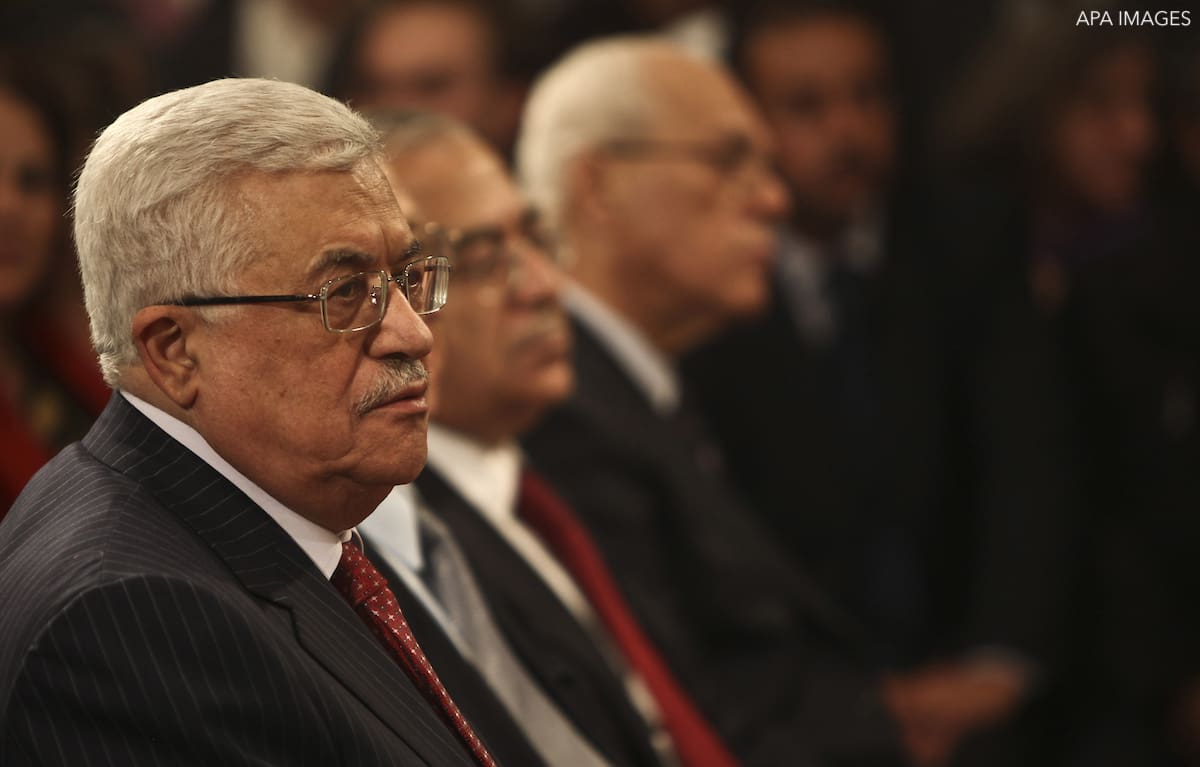
The Palestinian national movement is in an acute state of crisis, and the Palestinian political system and institutions are incapable of bringing the Palestinian people closer to realize their rights. The existing style of governance and models of leadership prove on a daily basis to be unfit for present and future Palestinian generations seeking equality, justice, and freedom above all. The Palestinian people urgently need a new political leadership that is representative, legitimate, responsible, responsive, and accountable.
In this selection of pieces, Al-Shabaka policy analysts reflect on the history of leadership in Palestine and explore what lessons can be learned from the past with an eye to the future. They discuss the shortcomings of the existing political leadership and argue for the utmost need for youth-led leadership to emerge and flourish, and for that, they propose a number of concrete steps and actions, envisaging what a new leadership model might look like.
Learning from the Past
Reflections on Palestinian Leaderships Past
Jamil Hilal
In this commentary, Jamil Hilal reflects on Palestine’s history of leadership. He draws on his own rich experience in the Palestinian national movement, as well as on his scholarship for and about that movement, to identify strengths on which to build and weaknesses to avoid. Read more…
Palestinians and Their Leadership: Restoring the PLO
Marwa Fatafta
Can we envisage a representative and accountable leadership that enables Palestinians to contribute to the political decisions that shape their lives, that provides them avenues for action, and that serves as an arena for Palestinian political engagement and participation? Marwa Fatafta explores how Palestinians can reclaim and redefine their leadership in the PLO. Read more…
Abbas and the Farce of Palestinian Democracy
Yara Hawari
What’s behind Palestinian Authority President Mahmoud Abbas’ dissolution of the Palestinian Legislative Council in 2018/19? Yara Hawari analyzes the move, uncovering likely motives and consequences in light of Abbas’ broader grip on power, and proposes ways to increase Palestinian democratic space. Read more…
An Illegitimate Leadership Can Sign Away Rights
Zachariah Sammour
It is clear that Palestinians are fast approaching a juncture at which decisions of extreme national importance may be taken. Zachariah Sammour argues that this requires an immediate and sustained response from all Palestinians, including those in the diaspora. Read more…
Youth and the New Generation of Leaders
Palestinian Leadership Through Resistance or Leaderless Subsistence? The Role of Youth
Fadi Quran
Fadi Quran addresses the real, indeed, sometimes deliberate, obstacles placed in the way of developing authentic leadership among Palestinians, particularly the youth, and insists that leadership through resistance is the way out of the morass. Read more…
A Leadership Model from the Palestinian Diaspora in the US
Dana El Kurd
The Palestinian diaspora in the US has achieved success in effective organization and activism. Dana El Kurd offers insights into how the experiences of this diaspora can offer new models for leadership that benefit Palestinians everywhere. Read more…
Upending the Palestinian Leadership: The Role of Youth
Fadi Quran
Though prospects for self-determination appear hopeless under the current Palestinian leadership, Fadi Quran argues that a new generation of young leaders is emerging with the potential to achieve Palestinian liberation. He outlines their challenges and opportunities in light of past leadership trends. Read more…
A New Model for Leadership
Beyond Sterile Negotiations: Looking for a Leadership with a Strategy
Noura Erakat
Noura Erakat explores how a national liberation strategy can be elaborated and who can lead it. She explores the South Africa model, and argues for a dual approach of working for rights while at the same time actively seeking answers to the pressing need for a unified political program and leadership. Read more…
Looking for a Leadership with a Strategy
Haidar Eid, Samah Sabawi, Loubna Qutami, & Noura Erakat
In this roundtable, Haidar Eid, Samah Sabawi, Loubna Qutami, and Noura Erakat critique issues relating to the questions of representation and self-determination, the colonial condition, and the future of the struggle, all from a leadership perspective. Read more…
Palestinian Leadership: What a New Model Might Look Like
Inès Abdel Razek, Ali Abdel-Wahab, Tareq Baconi, Marwa Fatafta, & Dana El Kurd
In this roundtable, Inès Abdel Razek, Ali Abdel-Wahab, Tareq Baconi, Marwa Fatafta, and Dana El Kurd engage in an open-ended discussion about what can and should be done to ensure a Palestinian leadership that fully represents Palestinians, restores their unity, and respects their rights while they struggle for freedom. Read more…
Marwa is a Palestinian writer, researcher and policy analyst based in Berlin. She leads Access Now’s work on digital rights in the Middle East and North Africa region as the MENA Policy Manager. She is also an advisory board member of the Palestinian digital rights organization 7amleh. Previously, she worked as the MENA Regional Advisor for Transparency International Secretariat. Marwa was a Fulbright scholar to the US, and holds an MA in International Relations from Maxwell School of Citizenship and Public Affairs, Syracuse University. She holds a second MA in Development and Governance from University of Duisburg-Essen.
Al-Shabaka Policy Member Zachariah Sammour completed his undergraduate studies in law at the London School of Economics in 2012 and received his master’s degree from Oxford University in 2013. He is particularly interested in international law, constitutional law, and constitutional theory.
Yara Hawari is Al-Shabaka’s co-director. She previously served as the Palestine policy fellow and senior analyst. Yara completed her PhD in Middle East Politics at the University of Exeter, where she taught various undergraduate courses and continues to be an honorary research fellow. In addition to her academic work, which focused on indigenous studies and oral history, she is a frequent political commentator writing for various media outlets including The Guardian, Foreign Policy, and Al Jazeera English.
Tareq Baconi serves as the president of the board of Al-Shabaka. He was Al-Shabaka’s US Policy Fellow from 2016 – 2017. Tareq is the former senior analyst for Israel/Palestine and Economics of Conflict at the International Crisis Group, based in Ramallah, and the author of Hamas Contained: The Rise and Pacification of Palestinian Resistance (Stanford University Press, 2018). Tareq’s writing has appeared in the London Review of Books, the New York Review of Books, the Washington Post, among others, and he is a frequent commentator in regional and international media. He is the book review editor for the Journal of Palestine Studies.
Samah Sabawi is a political commentator, author and playwright. She is a member of the board of directors for the National Council on Canada Arab Relations (NCCAR). Sabawi wrote and produced Cries from the Land (Canada 2003), Three Wishes (Canada 2008) andTales of a City by the Sea (Palestine & Australia 2014). Her past work includes being public advocate for Australians for Palestine, Executive Director for the National Council on Canada Arab Relations (NCCAR) and Subject Matter Expert (SME) for the Canadian Foreign Service Institute’s Centre for Intercultural Learning.
Noura Erakat is an assistant professor at George Mason University where she teaches in the legal studies, international studies, and human rights/social justice studies concentrations. An attorney and human rights advocate, she previously served as Legal Counsel for a Congressional Subcommittee in the House of Representatives and as an advisor on Middle East affairs for Congressman Dennis Kucinich. Noura comments regularly on US foreign policy and international law matters. She has appeared on Al Jazeera International, NBC’s “Politically Incorrect,” and Fox’s “The O’Reilly Factor.” Her writings have appeared in The Huffington Post, Berkeley Law School’s Journal for Middle East and Islamic Law, Counterpunch, Al-Majdal, and the Middle East Research and Information Project (MERIP).
Al-Shabaka Policy Member Loubna Qutami is a Presidents Postdoctoral Fellow at the University of California, Berkeley. She has a PhD from the Department of Ethnic Studies at the University of California, Riverside. Qutami is also the former Executive Director of the Arab Cultural and Community Center (ACCC) in San Francisco as well as a founder, member, and the former International General Coordinator for the Palestinian Youth Movement (PYM).
Jamil Hilal is an independent Palestinian sociologist and writer, and has published many books and numerous articles on Palestinian society, the Arab-Israeli Conflict, and Middle East issues. Hilal has held, and holds, associate senior research fellowship at a number of Palestinian research institutions. His recent publications include works on poverty, Palestinian political parties, and the political system after Oslo. He edited Where Now for Palestine: The Demise of the Two-State Solution (Z Books, 2007), and with Ilan Pappe edited Across the Wall (I.B. Tauris, 2010).
Inès Abdel Razek is the Executive Director of the Palestine Institute for Public Diplomacy (PIPD) and its digital platform Rabet, an independent Palestinian organization focusing on international mobilization and digital campaigning for Justice, Freedom and Equality. From 2019 to 2022, Inès was the Advocacy Director of the PIPD, helping to develop the political networks and international advocacy pillar of the organization. Prior to joining the PIPD, Inès held policy advisor positions in the Union for the Mediterranean in Barcelona, the UN Environment Programme in Nairobi and the Palestinian Prime Minister’s Office in Ramallah, where she advised executive leadership on international aid for development policies. Inès is also a board member of the social enterprise BuildPalestine, Advisory board member of Palestine DeepDive, and policy member at Al-Shabaka, the Palestinian Policy Network. She holds a Master’s degree in Public Affairs from Sciences-Po, Paris. Twitter: @InesAbdelrazek
Haidar Eid is Associate Professor of Postcolonial and Postmodern Literature at Gaza’s al-Aqsa University. He has written widely on the Arab-Israeli conflict, including articles published at Znet, Electronic Intifada, Palestine Chronicle, and Open Democracy. He has published papers on cultural Studies and literature in a number of journals, including Nebula, Journal of American Studies in Turkey, Cultural Logic, and the Journal of Comparative Literature. Haidar is the author of Worlding Postmodernism: Interpretive Possibilities of Critical Theory and Countering The Palestinian Nakba: One State For All.
Al-Shabaka Policy Member Fadi Quran is a Senior Campaigner at Avaaz and a Popular Struggle community organizer. He previously served as UN Advocacy Officer with Al-Haq’s legal research and advocacy unit. Apart from his work in advocacy and international law, Fadi is also an entrepreneur in the alternative energy field, where he has founded two companies bringing wind and solar energy to Palestine and other countries in the region. Fadi holds degrees in Physics and International Relations from Stanford University.
Al-Shabaka Member Dana El Kurd received her PhD in Government from The University of Texas at Austin. She specializes in Comparative Politics and International Relations. Her dissertation explores how international patrons affect authoritarian consolidation in the Palestinian territories. Dana writes regularly for publications such as Al-Araby al-Jadeed, The Washington Post’s Monkey Cage blog, and Foreign Affairs. She currently works as a researcher at the Arab Center for Research and Policy Studies and its sister institution, the Doha Institute for Graduate Studies.
Ali Abdel-Wahab is a data analyst and policy researcher with over 7 years of experience in Monitoring, Evaluation, Accountability, and Learning (MEAL) within the humanitarian sector. He holds a bachelor’s degree in computer science and is keenly interested in big data and computational social sciences. Ali aims to leverage these tools in his research on political economy, digital transformation, network society, and technological and informational dominance, particularly concerning Palestine. He has published numerous articles and academic papers and is committed to developing innovative solutions to support decision-making and effective policy management.














